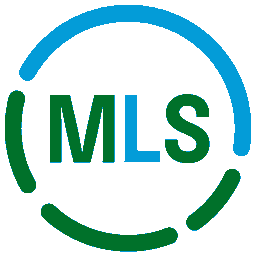An unequal distribution of heavy or complex cases can generate tensions between employees. These situations can lead to staff demotivation and even resignations.

Challenge
All HCOs try to limit staff turnover and assign a small circle of caregivers to each client.
However, the misallocation of complex cases inevitably leads to an overload of work and a feeling of injustice for the care staff involved. This quickly leads to burnout and strongly affects the motivation of the staff. In the most serious cases, these situations can lead to absenteeism or even resignation.
In the current context of lack of health care personnel, losing an experienced employee is a serious matter for any organization.
We welcome the adoption of new Swiss laws that revalorize the nursing profession. However, these new laws do not address the overloading of caregivers, which is linked to organizational considerations.
Without effective communication and a well thought-out division of labour, the problem often appears too late. Tensions are then at their highest and lead to breaking points.
It is up to HCO management to take steps to avoid these situations of burnout and negative feelings. HCOs need to be able to rely on a digital solution that provides planners with a better allocation between stakeholders.

Solution
By combining organizational measures with an efficient IT platform, it is possible to reduce this overload.
In the interest of quality, it is important to first take measures to ensure the consistency of care staff at the client’s location. For example, HCOs can assign each client a micro-team of caregivers, which can be virtualized in the system, to meet all their needs.
MedLink supports care organizations in the implementation of this new organizational model.
In a second phase, the MLS health platform uses artificial intelligence to help planners implement an equitable distribution of interventions among the various stakeholders.
While taking into account the need to ensure limited staff turnover, the platform’s algorithm distributes interventions equitably among the caregivers assigned to each client within the micro-team, which can be virtual.
The algorithm ensures that the number of interventions for each caregiver and their overall workload is reasonable and that caregivers are not overloaded.
These organizational measures must be accompanied by open and transparent communication.

Impact
The implementation of micro-teams (which can be virtualized) aims to ensure that each client is cared for by a small team of caregivers providing both nursing care and practical assistance and support.
This avoids staff turnover and allows clients to connect with each caregiver. This closeness facilitates dialogue and makes patients feel safe, which is necessary for quality care.
Planners make decisions based on reliable information and are responsible for the optimal allocation suggested by the IT platform.
The use of the algorithm helps to optimize the costs of planning and personnel management.
The nursing staff appreciate that the HCO places their well-being at the center of its concerns and takes concrete measures to ensure pleasant working conditions.
The HCO employees note a clear improvement in the working climate and communication. This is appealing to both the organization’s own staff and to care personnel from outside the organization.
The HCO has noticed a decrease in burnout among its employees, as well as in resignations. On the other hand, the recruitment of qualified personnel is facilitated.
Do not hesitate to contact us for more information!




